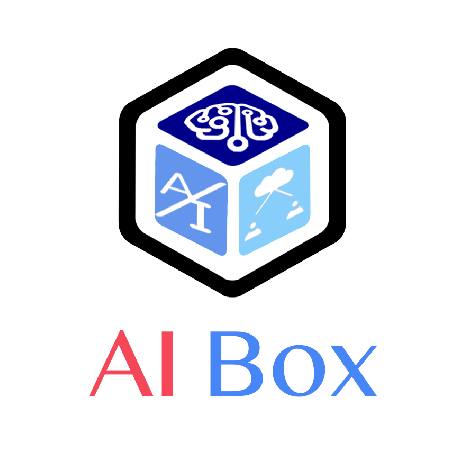Discover and explore top open-source AI tools and projects—updated daily.
deep-recommender-system by  chocoluffy
chocoluffy
Deep learning engineering tricks for recommendation systems
Top 43.8% on SourcePulse
This repository offers a deep dive into key deep learning engineering tricks and advanced techniques for recommender systems. It targets engineers and researchers in the recommendation domain, providing insights into state-of-the-art methodologies for capturing complex user behaviors, extracting nuanced interests, and scaling systems. The benefit lies in understanding and potentially applying these sophisticated DL approaches to build more effective recommendation engines.
How It Works
The repository functions as a curated collection of summaries and analyses of influential research papers in deep learning for recommender systems. It covers diverse methodologies, including supervised contrastive learning for representation learning, dynamic routing and attention mechanisms (e.g., MIND) for multi-interest user profiles, and Transformer architectures (e.g., BERT4Rec) for sequential recommendation. Other discussed approaches include Wide & Deep learning for balancing memorization and generalization, DNNs for large-scale systems (YouTube), and GANs for information retrieval (IRGAN). These methods offer advantages by handling complex user interactions, capturing subtle interests, improving representation learning, and enabling scalability.
Quick Start & Requirements
The provided text consists of summaries and analyses of research papers. It does not contain information on how to install or run a specific project, nor does it list dependencies or setup requirements.
Highlighted Details
- Supervised Contrastive Learning: Adapts self-supervised contrastive learning to supervised settings, enhancing representation learning by optimizing for harder negative samples.
- Multi-Interest Network (MIND): Employs dynamic routing and label-aware attention to extract multiple user interests from historical behavior sequences, outperforming traditional methods in matching stages.
- BERT4Rec: Integrates bidirectional Transformer (BERT) for sequential recommendation via a cloze task, offering benefits in parallel computation and capturing long-range dependencies.
- Deep Neural Networks for YouTube Recommendations: Reviews DNNs in large-scale systems, covering candidate generation and ranking, and using weighted logistic regression for predicting watch time.
- Real-time Personalization at Airbnb: Utilizes skip-gram and negative sampling on user session data for embeddings, enabling real-time search ranking by incorporating in-session signals.
- IRGAN: Unifies generative and discriminative models for information retrieval using a minimax game, adapting GANs to discrete document selection.
Maintenance & Community
The provided text does not contain information regarding project maintenance, contributors, community channels, or roadmaps.
Licensing & Compatibility
The provided text does not contain any information about the project's license or compatibility.
Limitations & Caveats
This repository appears to be a collection of literature reviews and analyses of research papers, rather than a runnable codebase. It does not provide implementation details or code for the discussed deep learning techniques, limiting its direct utility for immediate adoption or development. The subjective ratings are based on the author's interpretation of the papers.
5 years ago
Inactive

 YuanchenBei
YuanchenBei westlake-repl
westlake-repl archersama
archersama hannawong
hannawong KingGugu
KingGugu nancheng58
nancheng58 graytowne
graytowne bytedance
bytedance Kuaishou-OneRec
Kuaishou-OneRec RUCAIBox
RUCAIBox amitkaps
amitkaps wzhe06
wzhe06